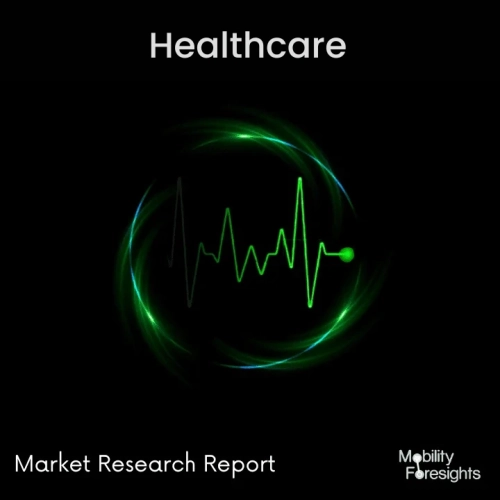
- Get in Touch with Us

Last Updated: Apr 26, 2025 | Study Period:
The Global Ischemic Heart Disease Drugs Market is projected to grow at a CAGR of XX% from 2024 to 2034, reaching an estimated market value of USD XX billion by the end of the forecast period. Ischemic heart disease (IHD), also known as coronary artery disease (CAD), is a leading cause of morbidity and mortality worldwide. It is primarily caused by reduced blood flow to the heart muscle due to arterial blockage or narrowing, resulting in angina, heart failure, or myocardial infarction. The market for IHD drugs includes anti-anginal agents, antiplatelet drugs, beta-blockers, calcium channel blockers, statins, and newer therapies targeting lipid levels and inflammation. The market is driven by the rising prevalence of cardiovascular disorders, aging populations, increasing lifestyle-related risk factors, and continuous R&D in cardiology therapeutics.
By Drug Class:
By Route of Administration:
By Distribution Channel:
By End User:
By Region:
The Global Ischemic Heart Disease Drugs Market is poised for steady growth, driven by the rising burden of cardiovascular disease, innovation in lipid-lowering and anti-thrombotic therapies, and global investments in healthcare infrastructure. Continued efforts in early screening, preventive cardiology, and lifestyle modification programs will support demand for long-term pharmacologic interventions.
While cost, adherence, and regulatory complexities remain barriers, the expansion of personalized medicine, fixed-dose combinations, and biologics will reshape the treatment landscape. Companies that focus on improving drug accessibility, safety profiles, and treatment outcomes will be at the forefront of the next generation of ischemic heart disease management.
| Sl no | Topic |
| 1 | Market Segmentation |
| 2 | Scope of the report |
| 3 | Research Methodology |
| 4 | Executive summary |
| 5 | Key Predictions of Ischemic Heart Disease Drugs Market |
| 6 | Avg B2B price of Ischemic Heart Disease Drugs Market |
| 7 | Major Drivers For Ischemic Heart Disease Drugs Market |
| 8 | Ischemic Heart Disease Drugs Market Production Footprint - 2024 |
| 9 | Technology Developments In Ischemic Heart Disease Drugs Market |
| 10 | New Product Development In Ischemic Heart Disease Drugs Market |
| 11 | Research focus areas on Ischemic Heart Disease Drugs |
| 12 | Key Trends in the Ischemic Heart Disease Drugs Market |
| 13 | Major changes expected in Ischemic Heart Disease Drugs Market |
| 14 | Incentives by the government for Ischemic Heart Disease Drugs Market |
| 15 | Private investments and their impact on the Ischemic Heart Disease Drugs Market |
| 16 | Market Size, Dynamics And Forecast, By Type, 2025-2030 |
| 17 | Market Size, Dynamics And Forecast, By Output, 2025-2030 |
| 18 | Market Size, Dynamics And Forecast, By End User, 2025-2030 |
| 19 | Competitive Landscape Of Ischemic Heart Disease Drugs Market |
| 20 | Mergers and Acquisitions |
| 21 | Competitive Landscape |
| 22 | Growth strategy of leading players |
| 23 | Market share of vendors, 2024 |
| 24 | Company Profiles |
| 25 | Unmet needs and opportunity for new suppliers |
| 26 | Conclusion |